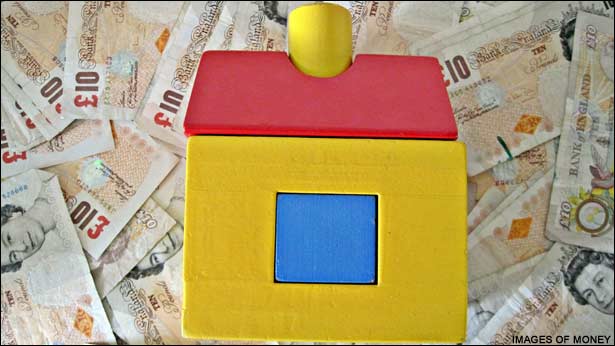
15 April 2013
Following extensive lobbying by the National Self Build Association (NaSBA) the Government has today published proposals that would mean self builders won’t have to pay the controversial Community Infrastructure Levy (CIL) charge.
The news has been warmly welcomed by self builders across the country – some of whom had been faced by a potential bill of £20-30,000, or more. A survey conducted by NaSBA last year suggested that one in eight would-be self builders had given up on their plans because of the additional cost of the CIL. In the summer of last year the (then) Housing Minister, Grant Shapps, agreed to see what could be done after lots of lobbying from across the sector.
{TEASER}
Under the new proposals self builders are expected to have to ‘self certify’ at planning application stage that they are bona fide. They would also need to provide clear documentary proof that the house they are building is for their own use (for example Title Deeds to the land, and warranty and completion certificates in their name).
These documents are proposed to ensure small builders or developers don’t try to avoid the CIL by pretending they are self builders.
The proposed relief from paying the CIL charge would cover homes built or commissioned by individuals, families or groups of individuals for their own use and that will be owner-occupied.
Announcing the proposed changes Planning Minister Nick Boles said: “For too long, self-build homes have been seen as an option for only a privileged few and we are determined to change that with proposals that have the potential to save self-builders thousands of pounds.
“Our proposals would ensure that self-build homes are exempt from this levy and will make an enormous difference to people looking to realise their dream of buying a plot of land and getting a builder to build them a home.
“We urgently need to build more homes and the proposed changes to the levy will help increase housing supply and help those businesses keen to grow.”
Ted Stevens, chairman of NaSBA said: “The suggested relief for self builders is great news – though we still need to see the details of how it might work, to ensure the proposals are robust.
“If self builders are going to be exempted from the Levy it will help kick-start work on a significant number of self build homes that have recently been put on ice, and that can only be good for local economies and jobs. Every new home safeguards about seven construction jobs for a year, so that will help to keep many thousands of construction tradesmen in work.”
Single build homes have far less impact on infrastructure, whereas larger developments are likely to have more of an impact on an area from the cumulative effect of their building.
The Government has formally issued a consultation document. “After this there will be a period when the industry needs to collate and channel its comments on the proposals to the Government. As any changes to CIL’s require formal amendments to the law, it is expected the changes proposed will then need to be formally ratified in the Commons later this summer,” explained Stevens.
NaSBA is working with its partners in the industry to collate comments – you can have your say by visiting the homepage of the NaSBA website.
What does this mean for the self build sector? Join the debate by having your say below, or by exploring and contributing to our Forum…



